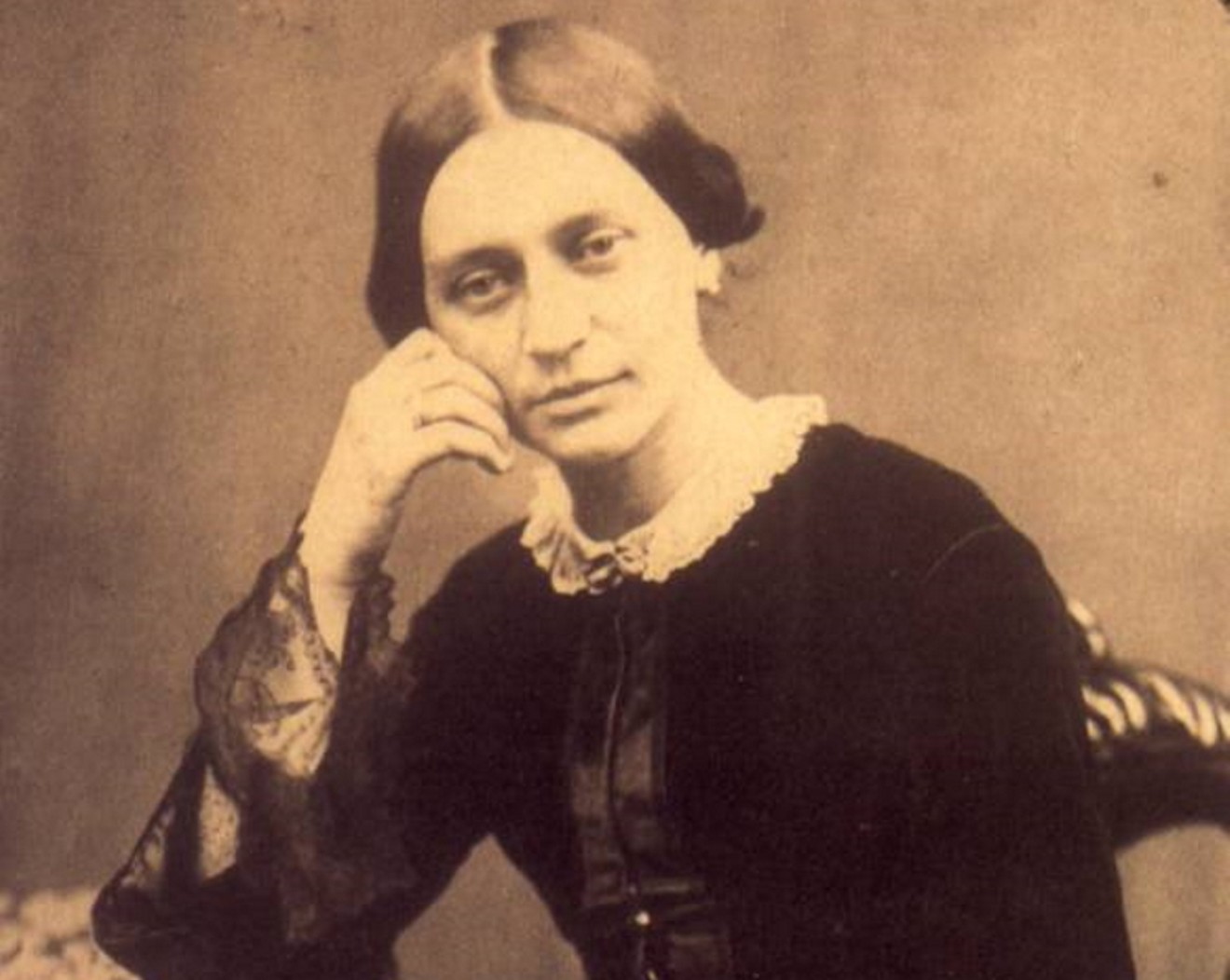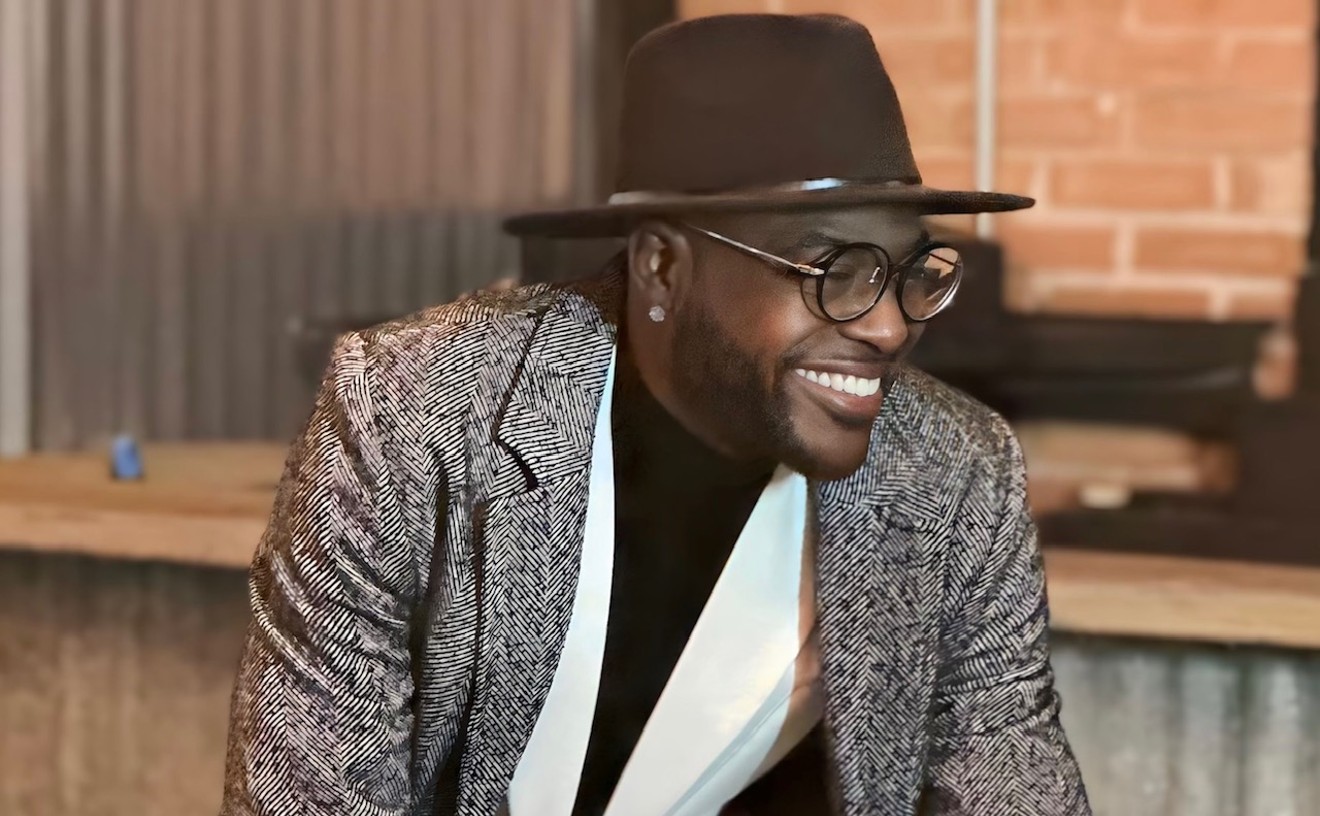Of course, there is Clara Schumann, wife of renowned Romantic composer Robert Schumann. She was perhaps even more well-known than her husband during much of their lifetimes as a world-renowned pianist who toured constantly, even while pregnant and/or raising the couple’s eight children. This undoubtedly helped further her husband’s career, since she would often perform his music, but she was also a great composer. Still, she seemed to agree with the sentiment of her time, that composition was a man’s work. After the premiere of one of her most famous pieces in 1845, she wrote, “Of course, it’s a lady’s work, always lacking in power, and here and there uninspired.”
We’re not saying that it’s wrong to love the music written by these men, but there’s no denying that classical music as an industry has historically been dominated by men, often excluding women completely. Let’s look at some numbers.
There are nine female concertmasters sitting in the country’s top 20 orchestras right now. We’re referring to the “Big 5” (New York, Boston, Chicago, Philadelphia, Cleveland) plus 15 others that are considered “the best” based on things like pay scale and number of active weeks during the year. These include our own Dallas Symphony Orchestra, San Francisco Symphony, the LA Philharmonic, Minnesota Orchestra, Cincinnati Symphony and the National Symphony, among others.“It’s been historically difficult to find and program female conductors.” — Denise McGovern, Dallas Symphony Orchestra
tweet this
The concertmaster is the lead violinist who’s responsible for making artistic decisions like bowings and phrasing for the string section. This is a significant leadership position, and therefore, the concertmaster is usually the highest paid member of the orchestra (not counting the conductor, or course). So that seems like a pretty even gender balance, although we can’t account for non-binary genders. In fact, it’s almost a 50-50 split.
Looking at those same orchestras, however, there is just one female music director — Marin Alsop at the Baltimore Symphony.
“It’s been historically difficult to find and program female conductors,” says Denise McGovern, the DSO’s vice president of communications. “It’s been the hardest career path for women to take [in this industry].”
One more, very disturbing example. The Vienna Philharmonic, a self-governed association generally considered one of the finest orchestras in the world, is well-known for its staunch conservatism and its commitment to tradition. Among those traditions is their world-famous New Year’s Eve concert … and a history of intentionally excluding women from their ranks. (They also have some pretty cringe-worthy ties to Nazi Germany, but that’s a topic for another time.) The first female to become a full-fledged member of the orchestra was harpist Anne Lelkes in … wait for it …1997. Today, according to the musician listing on their website, a mere 13 of the 132 official orchestra members are women. That’s progress, we suppose.
While the Vienna Phil’s gender imbalance may be an extreme outlier compared with the rest of the industry, it sheds some light on the biggest hurdles for women in classical music: access and opportunity.
“There's no reason for any gender disparity in our field,” says McGovern. “A woman doesn't conduct any differently than a man, but her perspective is going to be different.”
Maria Schleuning, who has been a violinist at the DSO since 1994, agrees. “I adopted my son from China, so I think about this idea of yin and yang, or balance, a lot,” she said. “I think that, as women, we bring something different, a different perspective, and that’s so important because in creative arts, just like anything else, different perspectives make things greater.”
That is what we miss out on when women — or anyone for that matter — is excluded from making music. Fortunately, Schleuning has seen things change for the better during her tenure with the orchestra.
“I waited 25 years for this!“ she said with a laugh. “I feel like women are finally getting a chance to really be involved more, and we’re getting more opportunities.”
Schleuning credits much of this progress to the new leadership at the DSO, both Music Director Fabio Luisi and CEO Kim Noltemy.
“I admire Kim so much because I think she has great vision, and she really sees the long term,” she said. “It’s not even just about women; it’s about opportunities for all. To keep classical music alive, it’s so important to be inclusive.”
This is the inspiration for the DSO’s inaugural Women in Classical Music Symposium, which will be held Nov. 6-9. These four days will include panel discussions, lectures and performances geared toward women in the profession, from musicians to administrators. The final day of the symposium connects the DSO’s initiative with the Dallas Opera’s fifth annual Hart Institute for Women Conductors.
It is daunting to think that the only lasting musical perspectives from hundreds of years ago are those of white men. Initiatives like these are providing reassurance that we are not going to let history repeat itself. Here’s to creating a more inclusive environment and encouraging the talented women in the classical music industry











